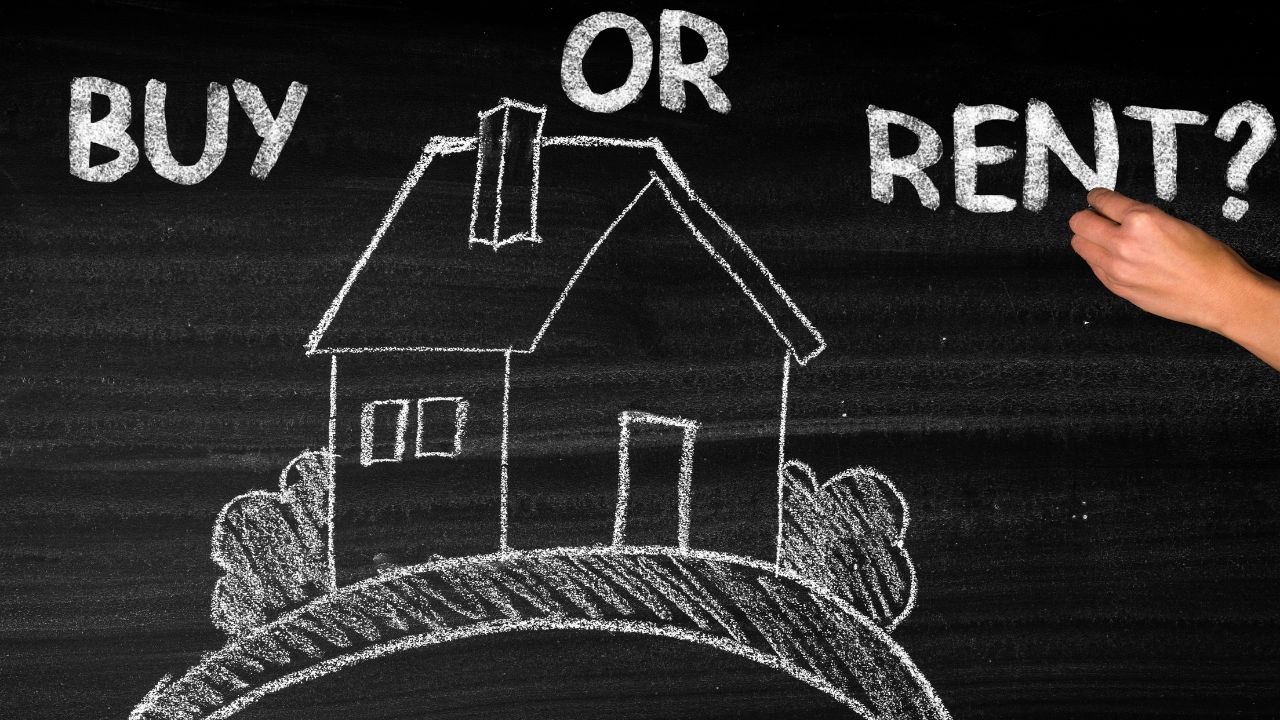 Deciding whether to rent or buy a home is one of the most significant financial decisions you’ll ever make. Both options come with their own set of advantages and challenges, so it’s essential to weigh them carefully. Your choice will depend on various factors, including your lifestyle, long-term goals, and financial situation.
Deciding whether to rent or buy a home is one of the most significant financial decisions you’ll ever make. Both options come with their own set of advantages and challenges, so it’s essential to weigh them carefully. Your choice will depend on various factors, including your lifestyle, long-term goals, and financial situation.
1. Your Lifestyle and Flexibility
When it comes to lifestyle, renting typically offers more flexibility. Renters often have the ability to move more easily, whether for work, school, or personal reasons. If you enjoy flexibility and may not want to commit to a single location for the long term, renting could be the ideal option. You can sign a one- or two-year lease, and when that’s up, you can choose to move without the responsibility of selling a home.
On the other hand, buying a home is a long-term commitment. If you’re ready to settle down and put down roots in a specific area, owning a home provides stability and the opportunity to personalize your living space. Homeownership can also create a sense of belonging to a community, and it allows you to make your home truly yours without asking for permission to renovate or paint.
2. Financial Considerations
One of the most significant differences between renting and buying is the financial commitment. When you rent, your monthly rent payment typically covers only the cost of living in the property—there’s no equity or long-term investment involved.
However, homeownership allows you to build equity over time, which can provide a solid financial foundation for your future. Your mortgage payments go toward both principal and interest, and as your home value appreciates, you can increase your net worth.
3. Maintenance and Responsibility
Renting typically means less responsibility when it comes to property maintenance. If something breaks in a rental home, the landlord or property management is usually responsible for fixing it.
However, homeownership comes with more responsibility. As a homeowner, you’re responsible for repairs and maintenance, from replacing a broken appliance to handling lawn care. While this can be costly, it also gives you the opportunity to upgrade and improve your home, increasing its value and making it your ideal space.
4. Long-Term Financial Goals
If building wealth is one of your financial goals, homeownership might be the better choice in the long run. Real estate is historically an appreciating asset, and over time, as you pay off your mortgage, your equity will grow. Additionally, mortgage interest is often tax-deductible, offering potential financial benefits.
However, renting can be a smart option for individuals who want to save for other goals, such as starting a business or investing in other assets.
5. Market Conditions
The decision to rent or buy can also depend on current market conditions. In some markets, home prices may be high, making it difficult for first-time buyers to afford a home. In such cases, renting might be the best option until prices become more favorable or your financial situation improves. Alternatively, if mortgage rates are low, buying a home may be an attractive opportunity.
Renting and buying each have their unique benefits, and the decision should be based on your personal and financial situation. Renting offers flexibility, fewer upfront costs, and less maintenance, while buying provides long-term investment opportunities and the ability to build equity. Carefully evaluate your lifestyle, finances, and long-term goals to determine the best option for you. Still have questions? Give us a call, we are happy to help!

